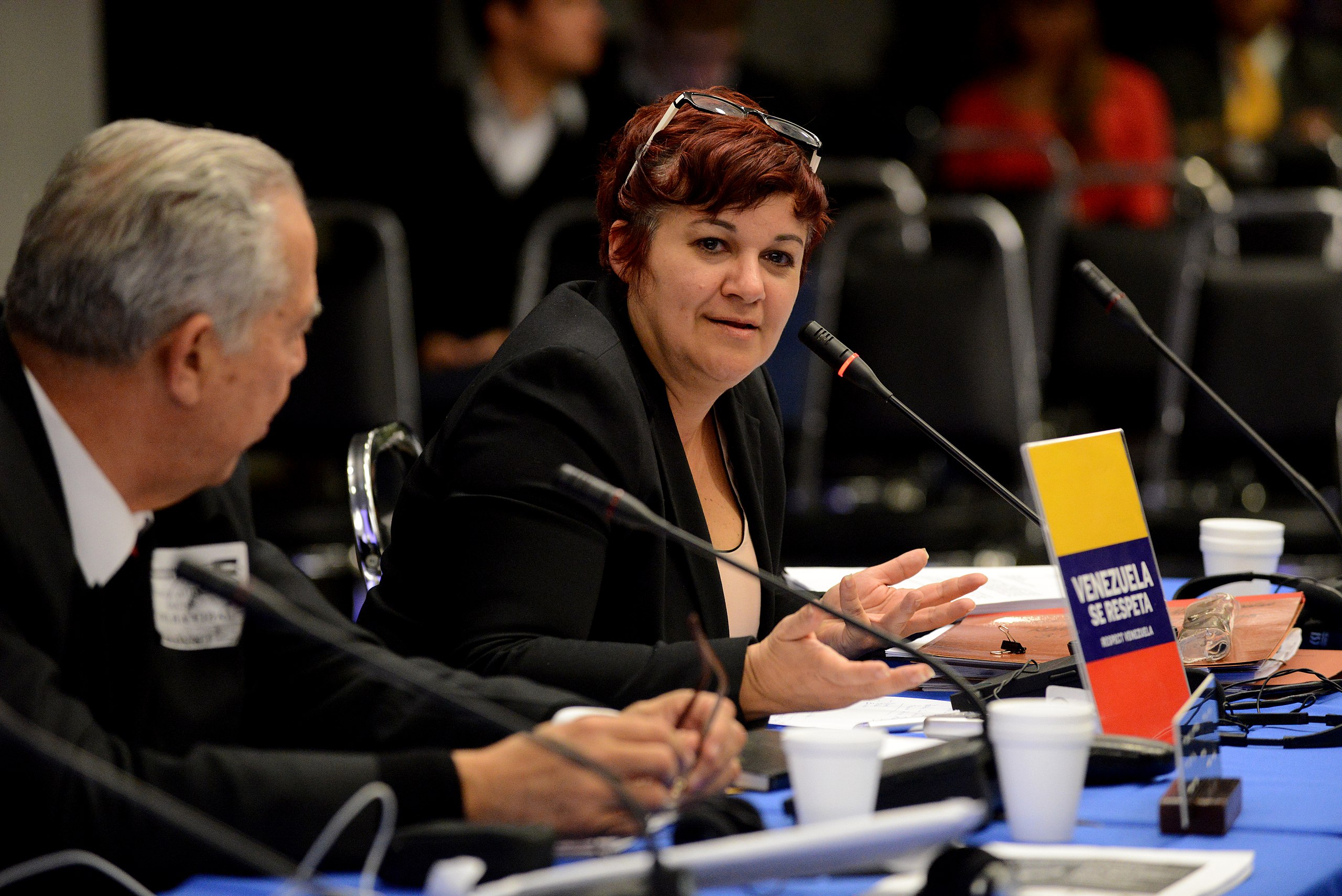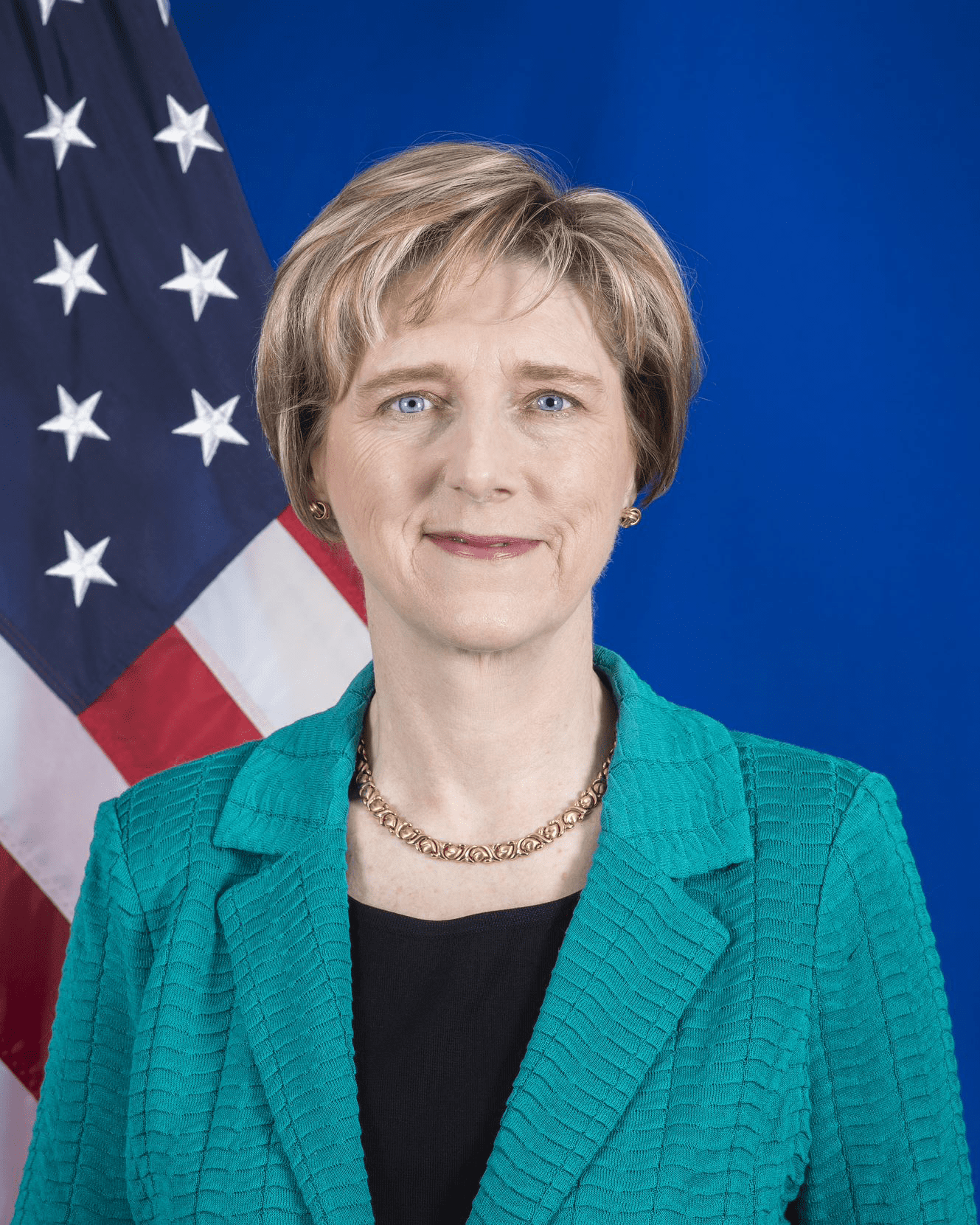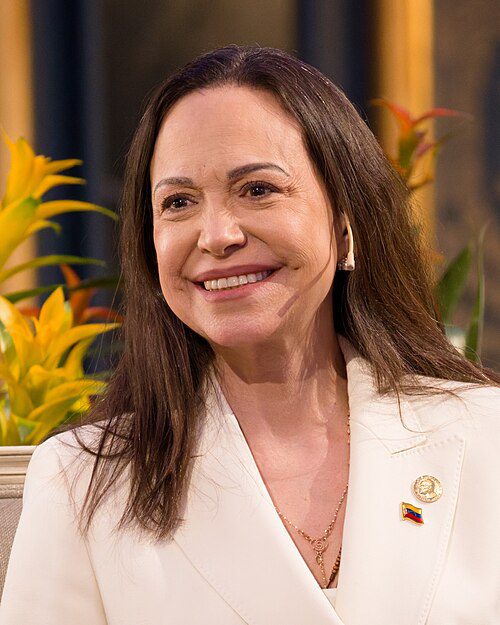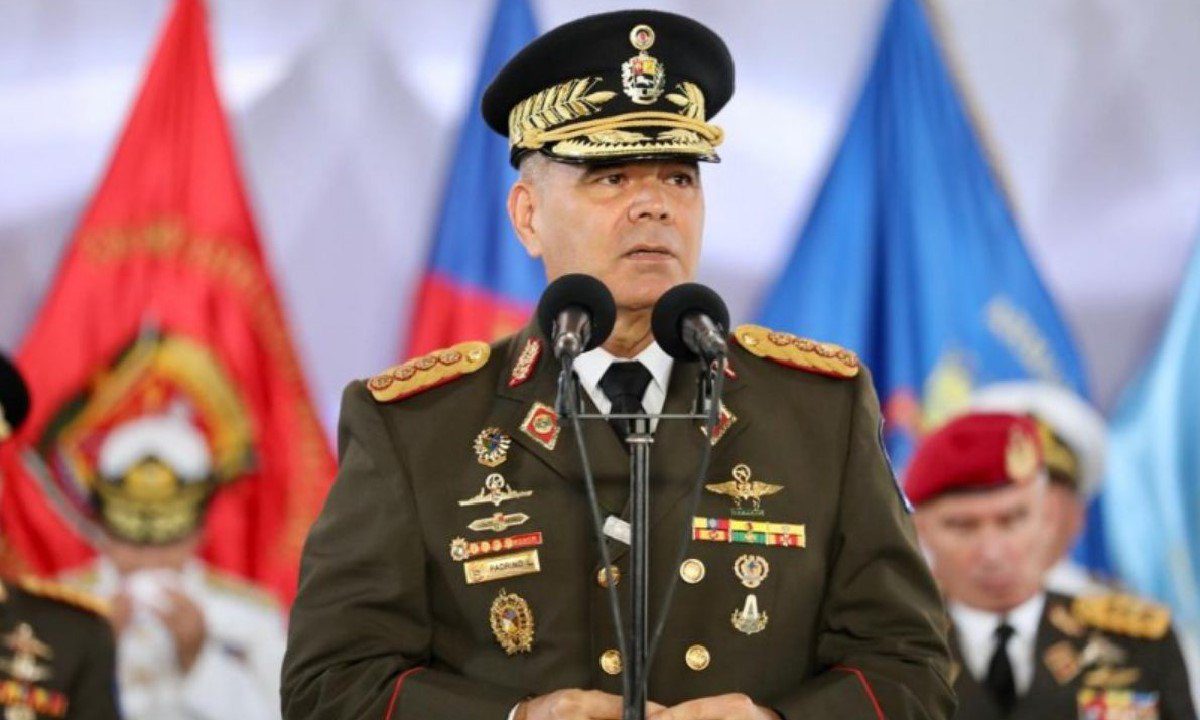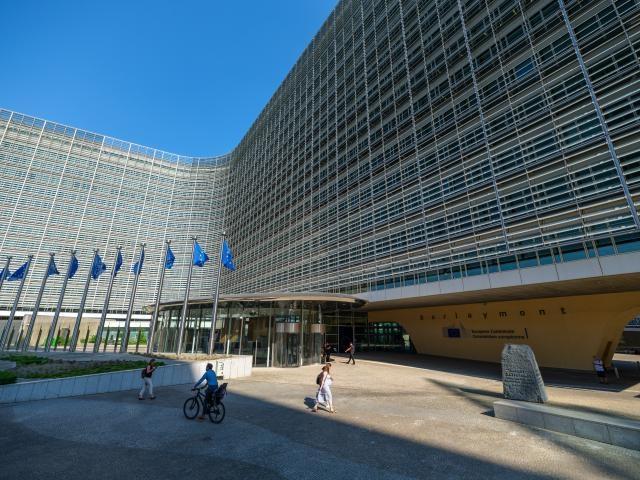María Alejandra Díaz has arrived in Colombia after spending several months in the Colombian embassy in Caracas. Photo: social media.
Guacamaya, August 18, 2025. The lawyer had reported political persecution in Venezuela and faced sanctions from the Supreme Court (TSJ) for demanding the publication of the records from July 28. Bogotá confirmed that she had been granted asylum since January 2025.
Chavista dissident María Alejandra Díaz announced on Sunday, August 17, that she had managed to leave Venezuela and was now “safe” in Colombian territory with part of her family, after spending several weeks at the residence of the Colombian ambassador in Caracas.
In a message posted on X, Díaz thanked President Gustavo Petro, Foreign Minister Rosa Yolanda Villavicencio, and Ambassador Milton Rengifo for the diplomatic efforts that allowed her to cross the border. She also mentioned “anonymous heroes” and the ambassador’s wife, acknowledging their support.
Colombia’s Foreign Ministry had reported on August 6 that it had granted Díaz diplomatic asylum on January 11 of this year, after the jurist claimed to be a victim of political and ideological persecution. According to Bogotá, the government of Nicolás Maduro had assured at the time that there was no arrest warrant or judicial process against her and that, therefore, she did not require a safe conduct to leave the country.
The Venezuelan government, for its part, has maintained that María Alejandra Díaz is not a victim of persecution and, consequently, has not granted her a safe conduct to leave the country, arguing that there is no situation justifying such a measure.
Political and Media Career
Díaz was part of the 2017 National Constituent Assembly, where she served as vice president of the Commission on Justice and Effective Protection. She also built a career in state media: she hosted the program *Leyes del Pueblo* on Venezolana de Televisión (VTV), worked as a legal consultant for the channel, and contributed to other state-run outlets such as Ávila TV and La Radio del Sur. In 2007, she participated in the creation of the Venezuelan Social Television Network (TVES). Additionally, she has written opinion pieces for the website Aporrea, solidifying her profile as a public figure within Chavismo.
In 2024, the Supreme Court of Justice (TSJ) temporarily suspended her from practicing law after she filed a motion in defense of opposition candidate Enrique Márquez, who is currently detained following the presidential elections that year.
Suspension and Disqualification in Venezuela
The former constituent member was also sanctioned by the Constitutional Chamber of the TSJ after filing a motion against the National Electoral Council (CNE), demanding the publication of the records and detailed results of the July 28, 2024 elections, in which Nicolás Maduro was declared the winner. The court imposed a fine on her, ordered a disciplinary procedure by the Bar Association, and decreed her suspension. Since then, Díaz has maintained that the CNE violated the law by withholding essential information about the electoral process.
Her departure comes amid a complex bilateral scenario. Relations between the governments of Gustavo Petro and Nicolás Maduro had been strained following the Venezuelan elections, though in recent weeks both leaders had increased contact again. Díaz’s case adds a new political dimension to the already delicate dynamic between Caracas and Bogotá.
In her message from Colombia, the lawyer stated that she would take time to reflect and reconsider her goals, “always with the defense and love for the Venezuelan homeland as her guiding principle.”

